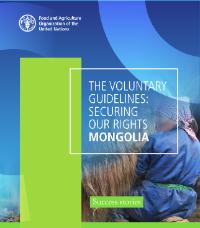The political economy of agricultural growth corridors in eastern Africa
Growing commercial interests;population growth and conservation initiatives are increasing competition for land in Tanzania. At the same time;land-related conflicts are on the rise. These trends undermine livelihoods by threatening rural people’s access to land and tenure security. Women tend to be disproportionately affected as available land diminishes;disadvantaged by weak land rights and limited participation in decision-making processes.





